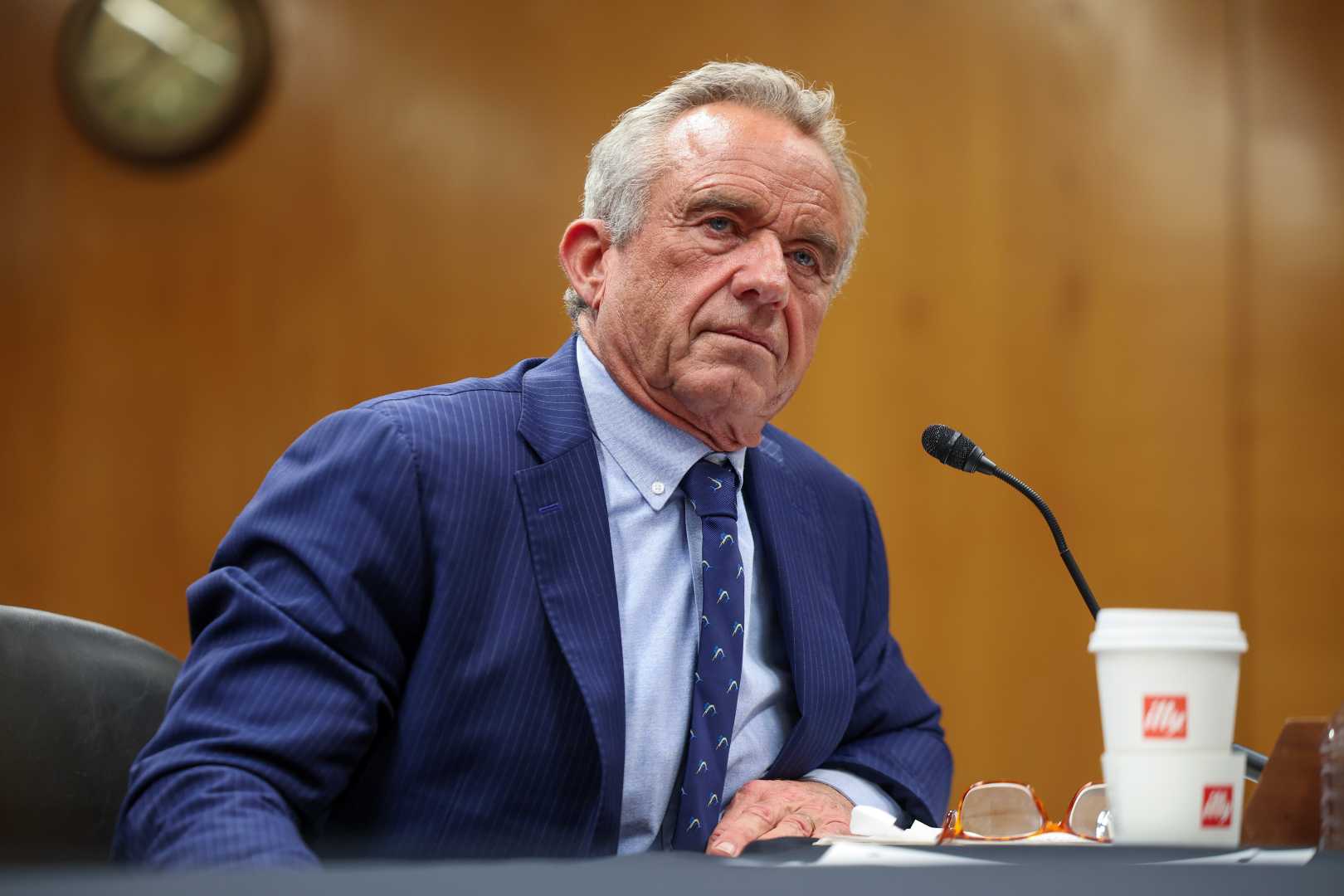Health
New Vaccine Advisory Committee Faces Scrutiny Ahead of Key Meeting

WASHINGTON – U.S. Health Secretary Robert F. Kennedy Jr. has named five new members to the Advisory Committee on Immunization Practices (ACIP), which provides vaccine recommendations to the Centers for Disease Control and Prevention (CDC). The appointments come just days before a critical meeting set for Thursday and Friday to discuss potential changes to vaccine guidelines.
The new committee members include Dr. Evelyn Griffin, an obstetrician-gynecologist from Baton Rouge, Louisiana, who has expressed skepticism toward vaccines, particularly the COVID vaccine. During a speech in 2024, Griffin stated, “I am very, very skeptical. A lot of us have concerns about the COVID vaccine.” This skepticism is in line with her focus on researching both COVID and other childhood vaccines.
Other new members are Dr. Catherine Stein, an epidemiologist from Case Western Reserve University; Dr. Hillary Blackburn, director of medication access at AscensionRx; Dr. Kirk Milhoan, a pediatric cardiologist from Hawaii; and Dr. Raymond Pollak, a transplant immunobiologist. These appointments have sparked concern among public health officials regarding the representation of vaccine science in their recommendations.
Kennedy removed all previous 17 ACIP members in June, citing conflicts of interest without providing substantial evidence. This bold move, combined with his appointment of committee members who have been critical of vaccination protocols, raises alarms about the future of vaccine policy in the U.S.
U.S. Senator Bill Cassidy, a Republican from Louisiana and chair of the Senate Health Education Labor & Pensions Committee, has expressed concerns about Kennedy’s promises regarding national vaccination protocols. Cassidy, a long-time advocate for vaccinations, stated, “I am tightening my seat belt,” indicating anxiety over the new committee’s direction.
During the upcoming ACIP meeting, members will reportedly vote on the use of vaccines for COVID-19, hepatitis B, and chickenpox. Experts have warned that any changes could trigger significant uncertainty about vaccinations among parents and potentially jeopardize funding for low-income families needing vaccines.
Dr. William Schaffner, a vaccines expert from Vanderbilt University, emphasized the importance of these discussions, stating that the committee’s vote could impact vaccine recommendations used widely by healthcare providers across the nation. The current political climate around vaccines remains tense, with ongoing debates about safety and efficacy.
The last few months have seen healthcare policies shift statewide as well, with some states creating their own vaccine regulations amid federal uncertainty. This patchwork of policies raises further concerns, as healthcare providers warn of potential public health crises resulting from varying vaccination practices.
The next steps from this meeting are anticipated to have immediate and far-reaching effects on vaccination policy. The outcomes could determine the future of how children and high-risk populations access vaccines across the U.S.












